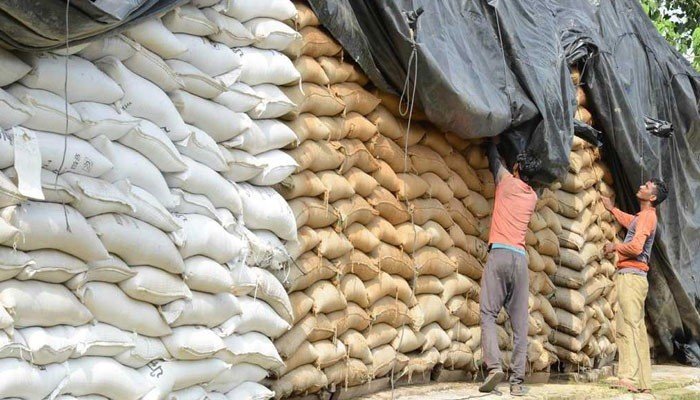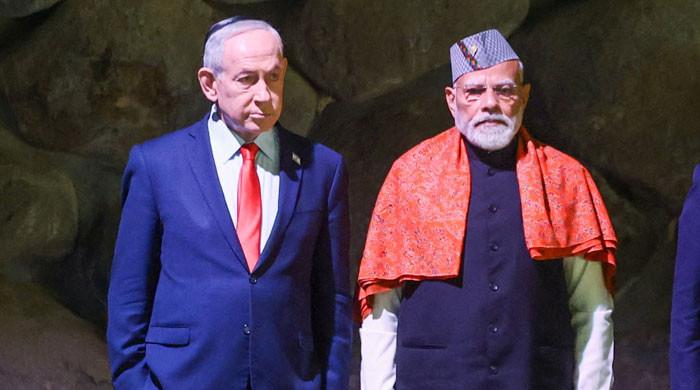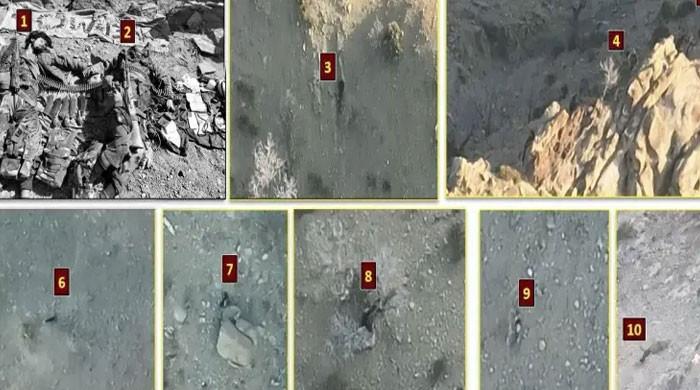Mill owners work together to create sugar crises, Competition Commission finds
Sugar mills seem to have shared stock positions and sales data to influence the prices of sugar in domestic markets
October 23, 2020

ISLAMABAD: The Competition Commission of Pakistan (CCP), in an inquiry report released on Thursday, has stated that sugar mill owners minted an additional profit of Rs40 billion over seven months (Feb 2019 to Sep 2019) last year by engineering a sugar crisis in the country.
The CCP, in its 63-page inquiry report, pointed out that sugar prices in Pakistan always face inflationary pressure whenever exports are allowed.
The CCP said its calculations show that [sugar] mills generated an additional Rs40 billion in revenue on account of the rise in domestic prices due to exports alone during the period Feb 2019 to Sep 2019.
A Re1 increase in the price of sugar per kilogramme results in a gain of nearly Rs450 million in a month to sugar mills based on an average monthly consumption of 0.45 million metric tonnes (MMT) of sugar, the report revealed.
The report also points out that an amount of Rs29.22 billion was also paid as subsidy to sugar mill owners on the basis of the depressed picture of the industry portrayed by the Pakistan Sugar Mills Association (PSMA) — however, the financial statements of various companies suggest that the millers were actually making extraordinary profits.
Published accounts of a sample of 16 sugar mills, from 2017 to 2019, reveal that all sugar mills were making a profit from their operations. The average gross profit margins were 11%, 8% and 13% in 2017, 2018 and 2019 respectively, read the report.
The Competition Commission further observed that the seemingly collusive actions of sugar millers and the resultant hike in sugar price in domestic markets raises the question whether sugar supply had even been in surplus when exports were allowed.
Sugar mills coordinate to influence prices
The report also reveals that a series of documents impounded from the premises of the JDW Group — titled ‘Co-ordination Committee PSMA-Punjab Zone’ — indicate that committees were formed by sugar mill owners for periodically coordinating stocks and sales positions.
The enquiry committee on examination of impounded data and record noted that Muhammad Rafique, Group Director Finance of the JDW Group, was nominated by PSMA as the focal person for coordinating sugar stock positions, with email records showing that he has been actively involved with sharing and receiving information in this regard.
"This compilation, consolidation and distribution of sensitive commercial information (i.e. mill-wise, region-wise sugar stock positions, sales, ex-mill prices etc.) on the platform of the association constituted a prima facie violation," the report states.
As per the findings of the inquiry report, there is also a huge disparity in the cost structure of efficient and inefficient sugar mills. However, due to the existence of a cartel, inefficient mills are protected and the cost benefits of the efficient mills are not being passed to end users, the report states.











